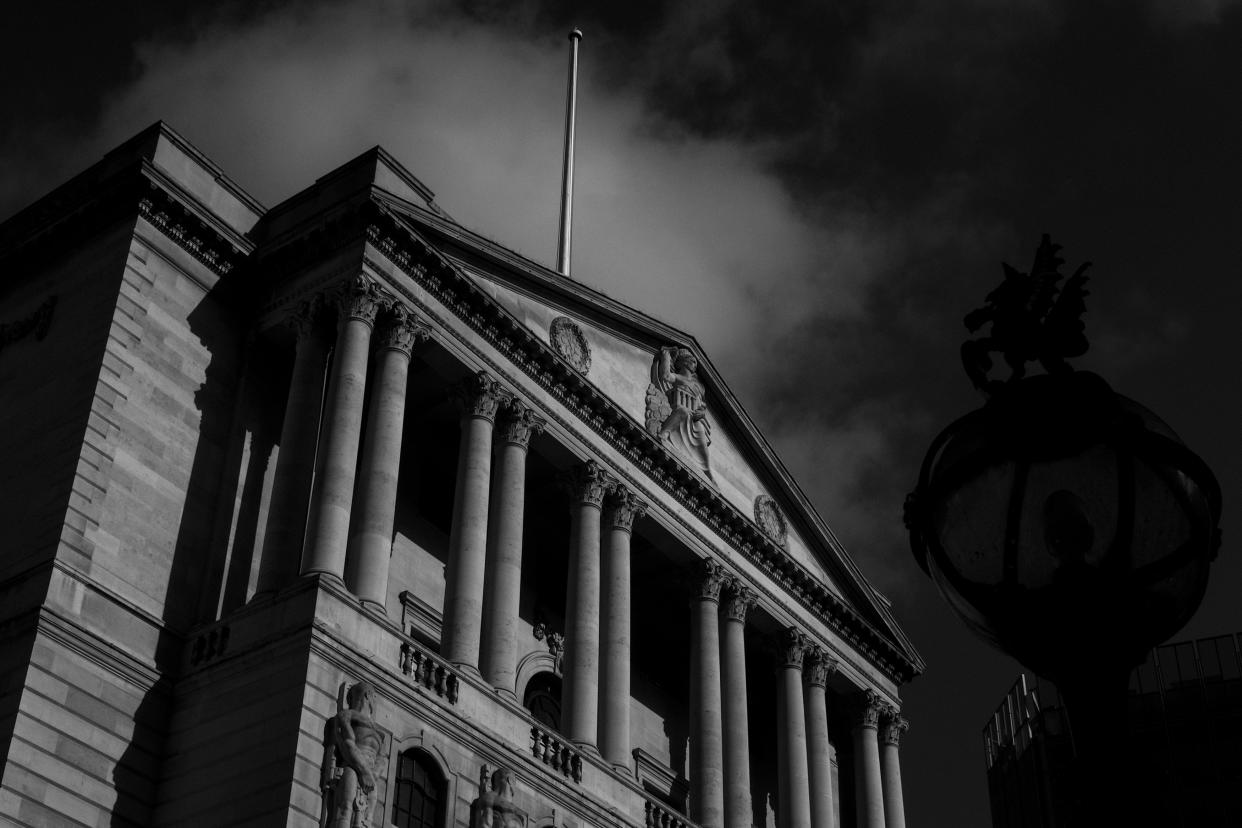Coronavirus: Bank of England cancels bank stress tests that prove they can cope with crisis

The Bank of England (BOE) and the Prudential Regulation Authority (PRA) announced that it has cancelled stress tests for the eight major UK banks.
Stress tests are when the BOE looks at individual banks and calculates if they have adequate buffer zone of money to weather a downturn in the economy or any crises. Under a mandatory international accounting rule, known as IFRS 9, it also forces them to book bad loans earlier than in previous crises.
The central bank said in a statement that the cancellation of tests for the eight major UK banks and building societies is “intended to help lenders focus on meeting the needs of UK households and businesses via the continuing provision of credit.”
Read more: Coronavirus: UK releases 'unprecedented' financial measures worth 15% of GDP
The news comes a week after the Britain’s biggest banks pushed the BOE to scrap the next series of stress tests amid the rapidly developing challenge of the coronavirus pandemic. Senior banking sources said at the time that "it would be stupid to run a stress test during a stress. Let's concentrate on this situation rather than a hypothetical one.”
The results of the last set of stress tests was in December 2019. Former BOE governor Mark Carney confirmed at the time that the UK’s banking system could survive a worst-case-scenario economic shock but warned of a possible “further deterioration” in the global economy. The next set of test scenarios were due in late March.
The BOE and the UK government has taken a series of unprecedented measures to help the economy weather the storm amid the coronavirus pandemic.
The central bank said on Friday that “the recent 2019 stress test showed that the UK banking system was resilient to deep simultaneous recessions in the UK and global economies that are more severe overall than the global financial crisis, combined with large falls in asset prices and a separate stress of misconduct costs.”
Read more: What the UK interest cut to 0.1% means for your debts and savings
This includes a second interest rate cut in under two weeks.The central bank’s Monetary Policy Committee held an extraordinary meeting on Thursday 19 March and decided unanimously to cut the headline interest rate by 15 basis points from 0.25% to 0.1%.
Meanwhile, the government unleashed a major set of financial measures to help the UK economy tackle the impact from the coronavirus.
The package is worth 15% of UK GDP, up from a package announced last week worth 1% of GDP, and includes £330bn ($403bn) worth of government-backed loans and guarantees, business rates holiday, as well as cash grants for different sized businesses.
Other new measures have included three-month mortgage holidays from all lenders for those that need them and renters have extra protection, including a landlord ban on evictions.
On Friday, the government is also set to announce new rescue plans for workers and jobs.
Read more: Coronavirus: UK government set to announce worker wage package rescue plan


